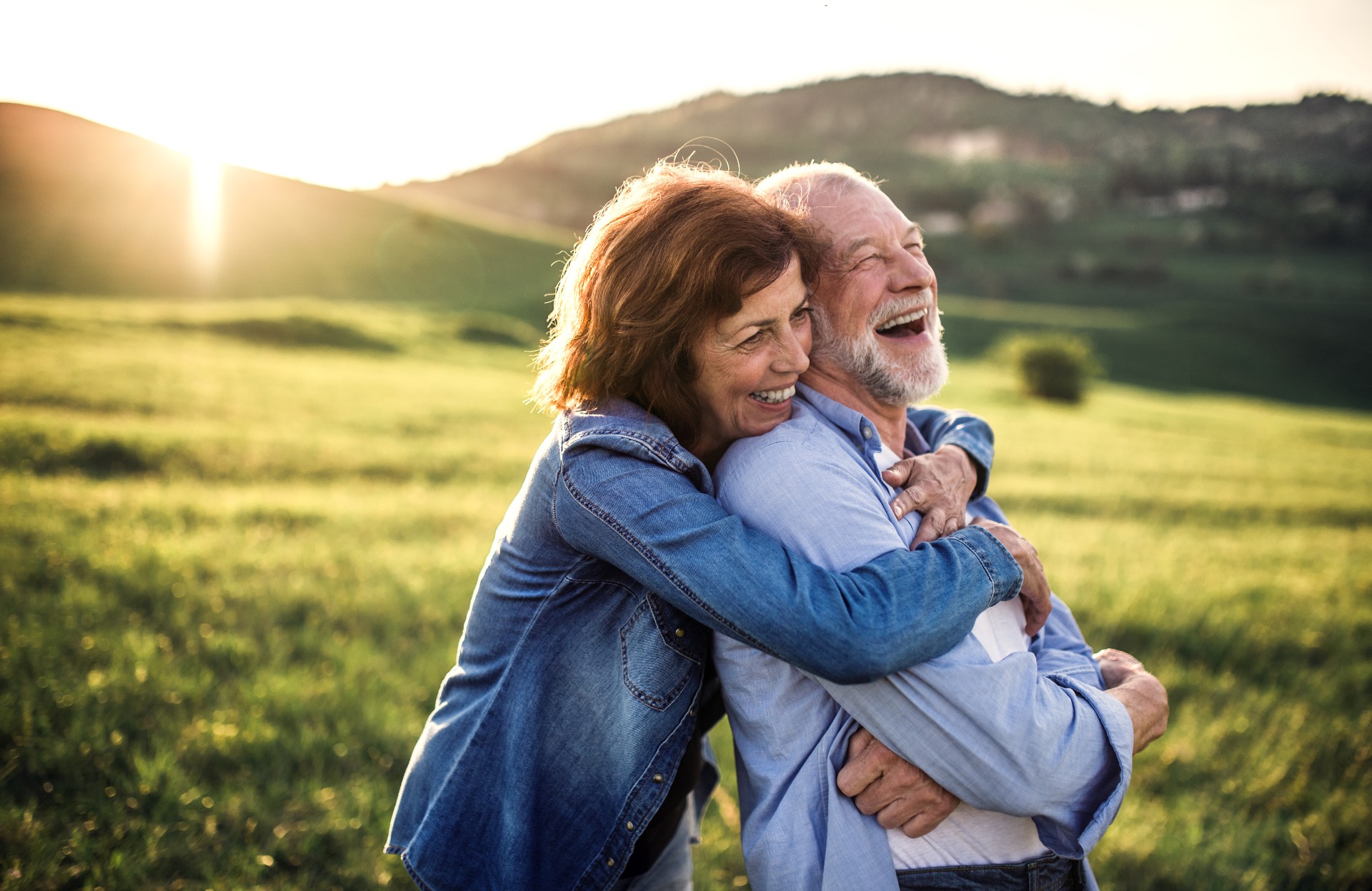The Importance of Spending Time in Nature
June 9, 2023
With today’s emphasis on wellness and making better lifestyle choices, we are always seeking ways to boost our well-being and longevity. Yet one way could be as simple as stepping outside your front door. There is growing evidence of the numerous health benefits of being outdoors. As Michelle Kondo, a research social scientist with the USDA Forest Service, explains, “The physiological response to being outside in nature is real, and it’s measurable.” Read on to discover the importance of spending time in nature and some of the best outdoor activities for older adults.
What are the Benefits of Being Outside?
Studies show that simply immersing yourself in nature can improve your health and well-being. Spending as little as two hours a week outside can help you:
- Breathe better. Studies show that indoor air concentrates pollutants due to a lack of circulation. Get outdoors, take some deep breaths, and enjoy the fresh air.
- Sleep better. Exposing your body to sunlight assists your body’s internal clock. You will feel tired at night, fall asleep faster, and sleep more soundly.
- Feel better. Getting outside enhances your physical and emotional well-being. Sunlight is a natural remedy for depression.
- Think better. Taking a stroll can help clear the brain fog that sometimes comes with age. Experts show that walking in nature improves mental agility and helps reduce stress.
Outdoor Activities for Older Adults
With so many health benefits of being outdoors, it’s easy to see the importance of nature in our lives. But how can you safely incorporate outdoor activities into your routine? Recent research suggests you should spend at least two hours each week outdoors, which can be spread across several shorter sessions. Here are a few suggestions:
- Go for a walk. Whether you take a stroll around the block or a longer hike, stick with the pace you are most comfortable with. Manicured or paved walking paths are best for those who feel less steady.
- Ride a bike. Your physical fitness will determine how long you ride and where. A nice, flat trail might be best for some, while others prefer to take off on a mountain bike over more rugged terrain.
- Do stretches and exercises. Exercising in nature, known as green exercise, has been found to have a significant impact on relieving depression, improving self-esteem, and lowering blood pressure.
- Gardening. From cultivating plants on your patio to helping out in a community garden, encouraging things to grow is a fulfilling way to get outdoors.
- Forest bathing. Long popular in Japan, forest bathing is simply spending time sitting, lying down, or walking in nature. Research suggests that the organic compounds trees release have antibacterial properties that boost your health.
Living Close to Nature
Connection to the natural world is an integral part of human existence. We seek out green spaces. Dr. Richard J. Jackson, former director of the National Center for Environmental Health, explains that people who live in walkable communities with access to green spaces and trails are healthier than those who don’t.
At Riverwalk Village at The House of the Good Shepherd, we recognize the importance of living well surrounded by nature. Our community is set on 15 acres of riverside woodlands surrounded by Stephens State Park. You can meander along the Musconetcong River or chat with neighbors as you let your four-legged friend romp in the dog park. Best of all, you can do so within walking distance of your maintenance-free home. With no worries about housekeeping, lawn maintenance, or those pesky to-do projects, you’ll have even more time to soak up the health benefits of being outdoors. Schedule a tour today and discover the healthy, joyful life you deserve.



